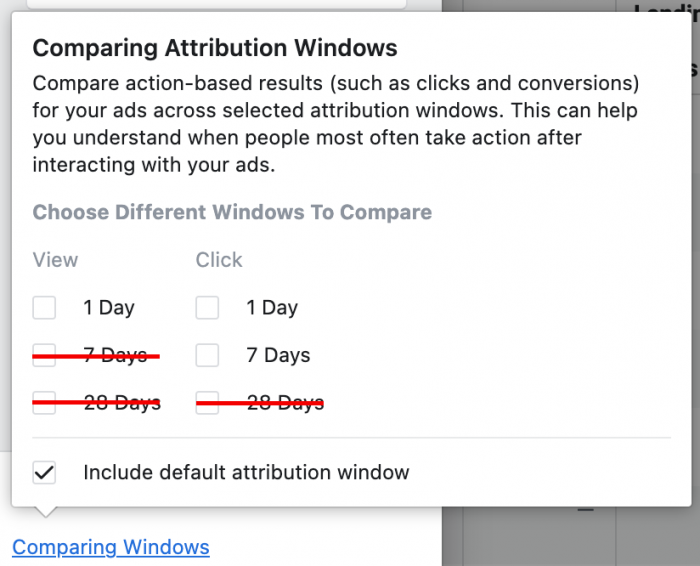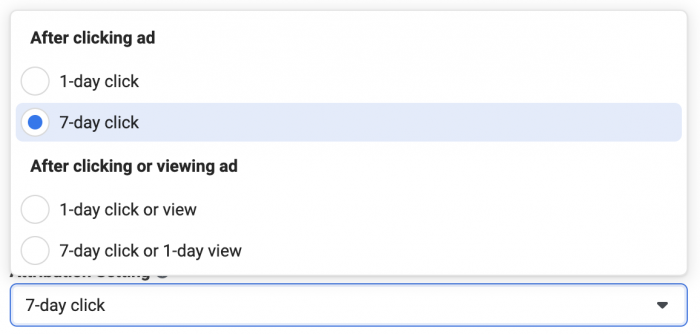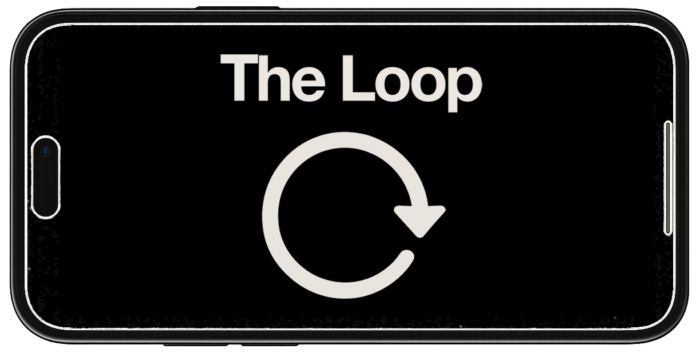When iOS 14 goes live and users begin acting on prompts related to sharing their data, Facebook advertisers are likely to see a drop in conversion reporting. While this could at least partially be attributed to performance, the primary reason will be a fundamental change in Facebook ads attribution.
Let’s discuss why this is and what you should expect.
What is Ads Attribution?
First, let’s make sure we all understand the premise. Ads attribution is the method for determining whether an ad led to a specific user’s conversion. How does Facebook decide what appears in the results column?
For years, the default attribution window has been 28-day click and 1-day view. That means that anyone who converted within 28 days of clicking your ad or one day of viewing (without clicking) your ad will be counted as a conversion attributed to that ad (there are other rules related to seeing and clicking on multiple ads, but that complexity isn’t necessary here).
The New Attribution Window
Due to difficulties collecting data as a result of iOS 14, Facebook is updating attribution globally for all advertising. Once iOS 14 goes live, the new default attribution window will be 7-day click only.
Historically, advertisers have been able to customize reporting to reflect results outside of the standard attribution window, going up to 28-day click and 28-day view.
With the change to 7-day click attribution by default, the following windows will be deprecated:
- 28-day click
- 28-day view
- 7-day view

While 7-day click attribution will be the default for both optimization and reporting, advertisers will be able to customize either by using the following windows:
- 1-day click or view
- 7-day click or view
- 1-day click
- 7-day click (default)

Impact to Reporting
How much this change to attribution impacts your reporting will vary from business to business and product to product. If anything, though, your results will go down.
If the vast majority of your conversions occur within a 7-day click window, you should see very little change in reporting. This may especially be the case for anyone who uses broad targeting on low-priced or free products that result in a quick conversion.
High-priced and high-commitment products, however, may see the biggest drops. A car or home, for example, wouldn’t typically be purchased within seven days of clicking an ad. The final purchase will likely fall outside of the attribution window.
I’d also expect a drop in reporting for those (like me) who often target their warmest audiences. These people may already visit your website or be on your email list. Someone may see my ad and not click but may act on an email or visit later in the day. These view-through conversions will no longer be reported by default.
Are Results Down or Underreported?
This is where it gets tricky. In theory, your campaign could lead to the same number of real-world results post-iOS 14 as an identical campaign run pre-iOS 14, but reporting will show fewer results due to the change in attribution.
So… Will that mean that the performance of your ads is actually down… or not?
This is where it gets tricky. So many factors, even before iOS 14, lead to poor results. We won’t necessarily know whether you’re getting conversions outside of the 7-day click window or not.
We’ll need to use context. If your cost per action remains the same, that’s good! It means you’re probably getting better results than before.
If your results are down, you’ll first need to understand how conversions tended to be distributed before the change. If you assume similar distribution, that can help you determine whether results are acceptable.
But the other factor is that Facebook warns iOS 14 could simply lead to poorer performing ads. Reporting, optimization, and targeting will all be impacted. It will be difficult to maintain your prior level of performance.
What About Other Tools?
If you’re like me, you’re thinking about all of the ways you can check and double-check your results to help fill in the blanks. Until we’ve had some time with iOS 14, it’s very unclear how these updates will impact marketing outside of Facebook ads — and it isn’t even entirely clear in some cases how Facebook ads will be impacted. It seems Facebook isn’t even sure.
Use whatever tools are available to you. I can’t imagine Facebook Analytics will escape unscathed, but it’s a tool that allows you to view results across Facebook and your website, regardless of whether traffic is paid or organic, no matter the source. Will it provide some of the info lost in Ads Manager?
What about Google Analytics? What about using UTM parameters?
I’m sure some very smart people have already started thinking about these things. They may have answers. For now, I’ll keep asking the questions.
Your Turn
How much do you expect the change in attribution impact your results?
Let me know in the comments below!







